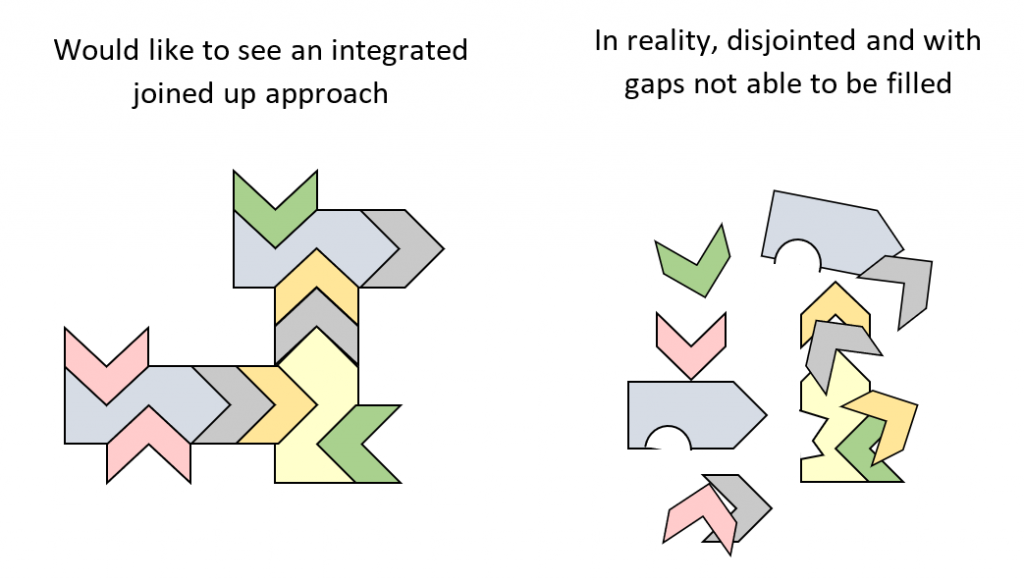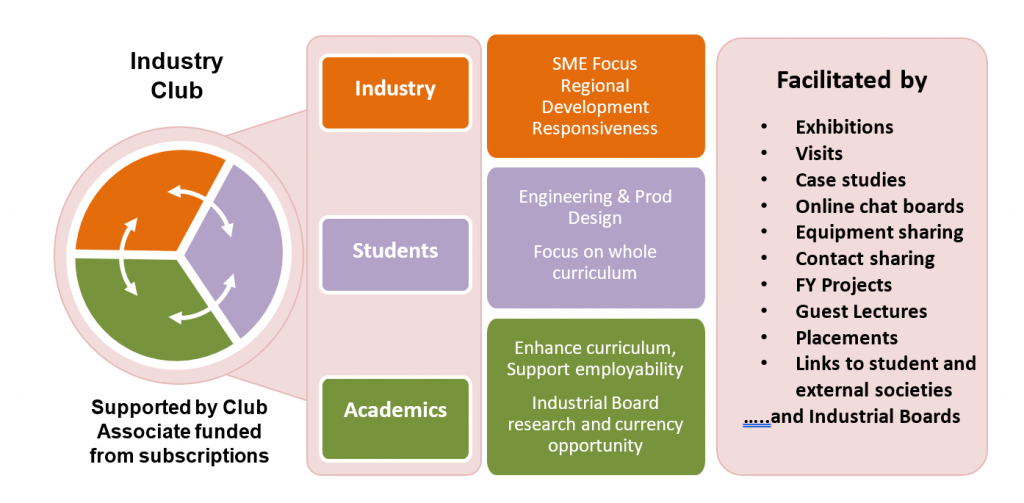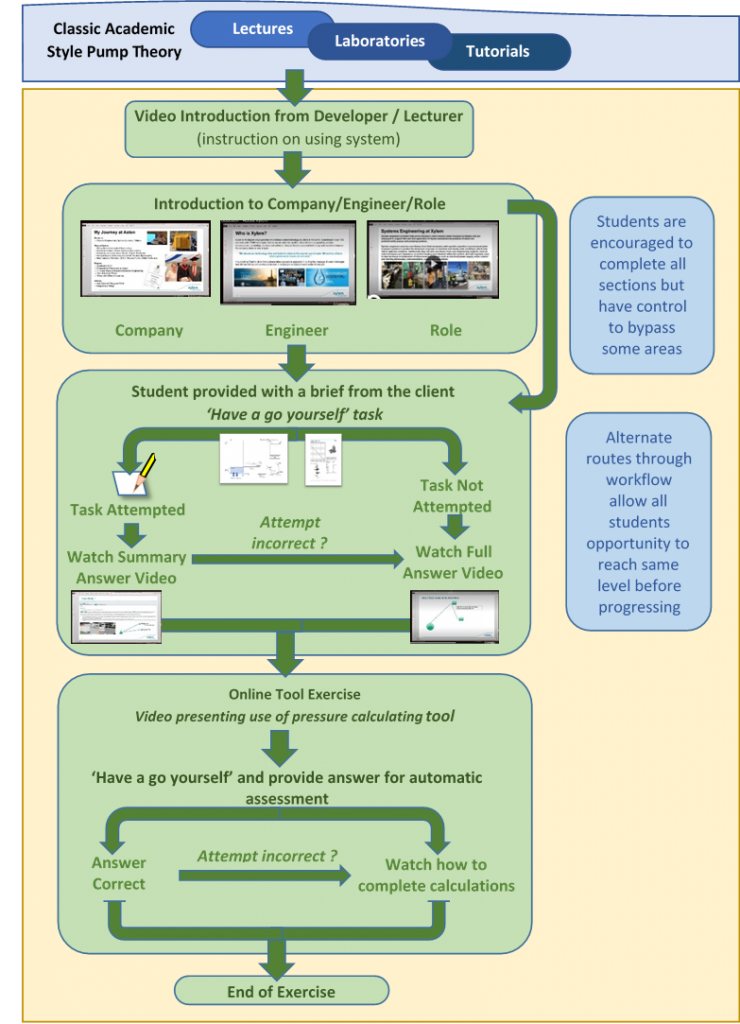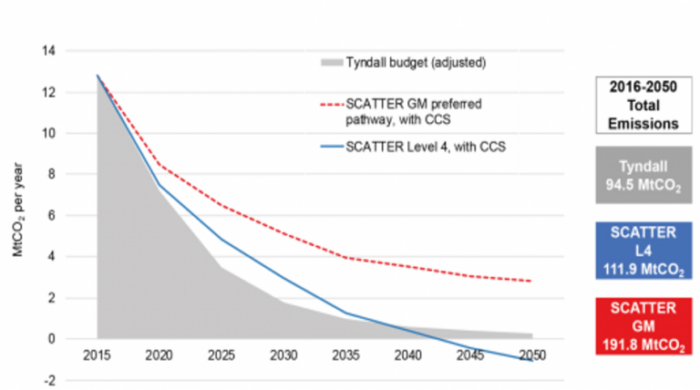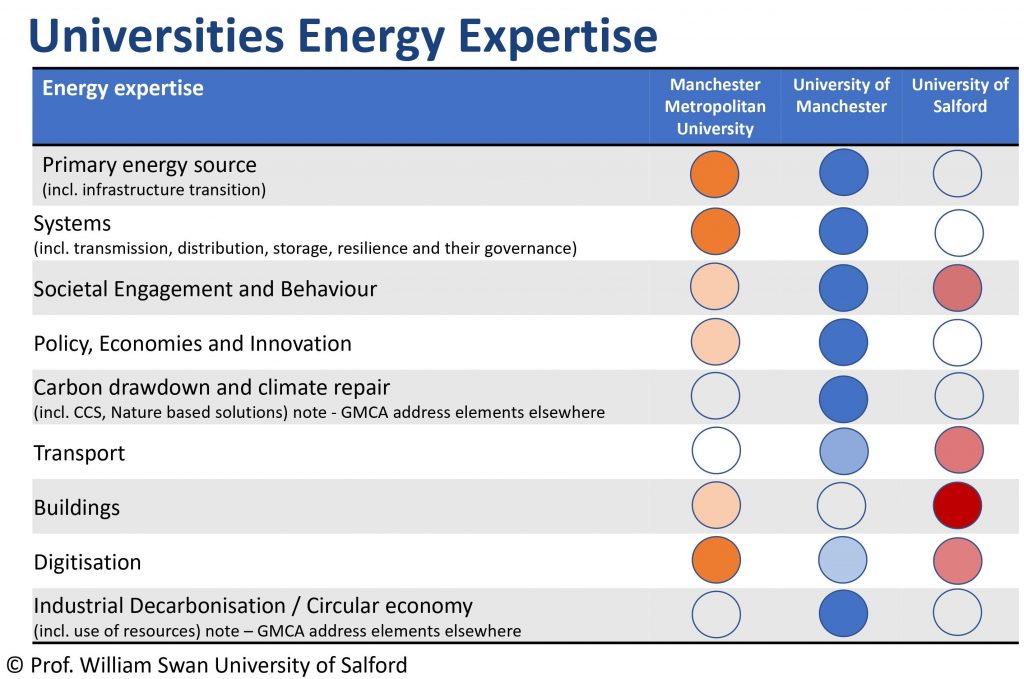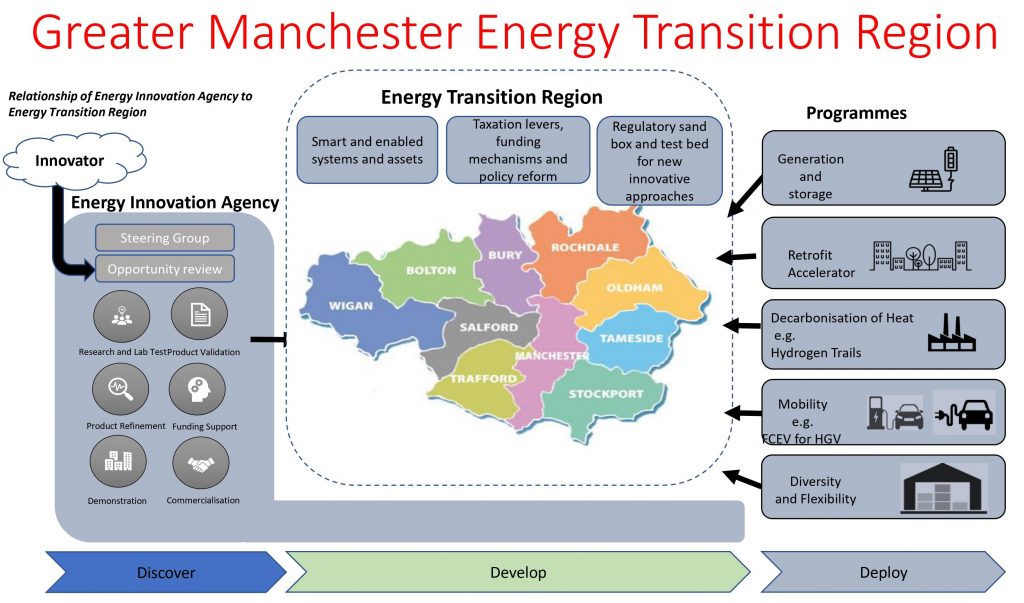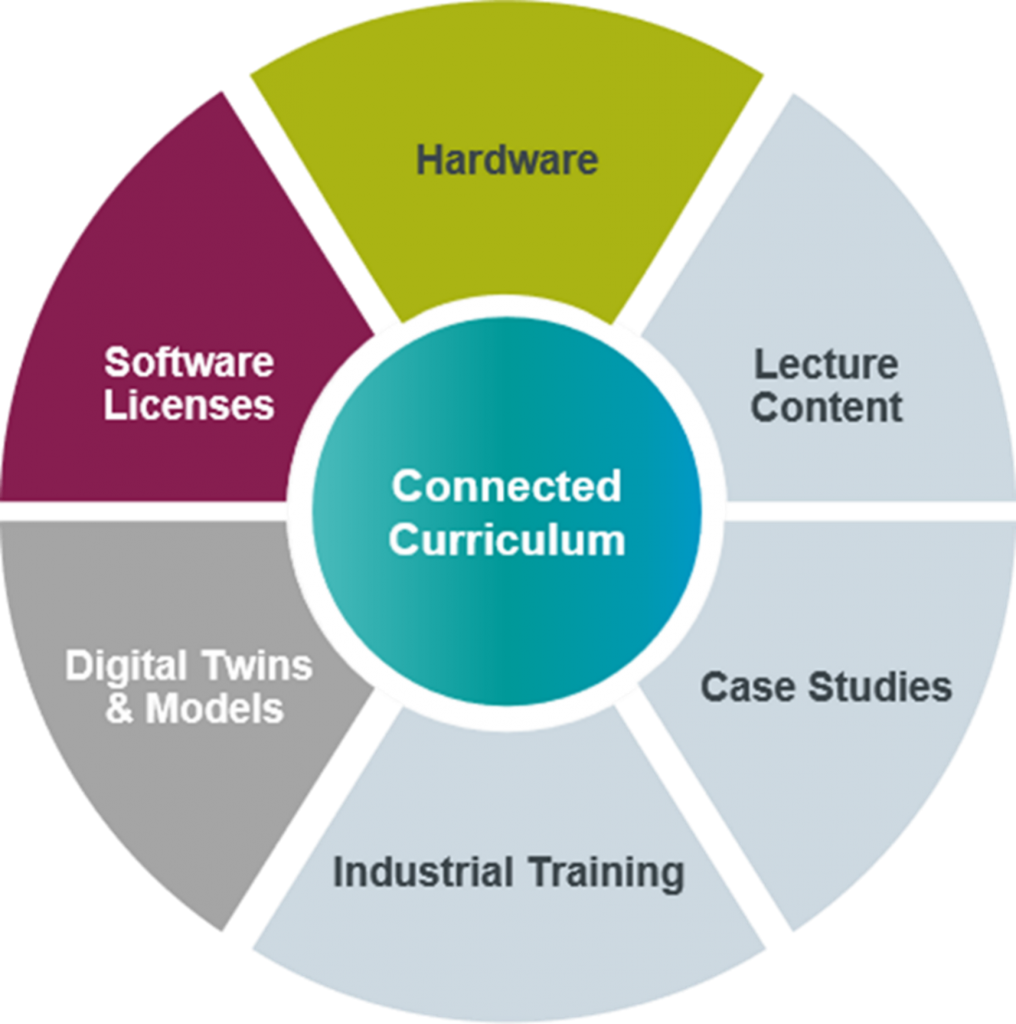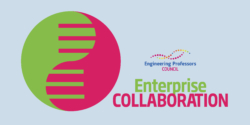 Theme: Universities’ and business’ shared role in regional development; Collaborating with industry for teaching and learning; Knowledge exchange; Research; Graduate employability and recruitment.
Theme: Universities’ and business’ shared role in regional development; Collaborating with industry for teaching and learning; Knowledge exchange; Research; Graduate employability and recruitment.
Author: Prof Matt Boyle OBE (Newcastle University).
Keywords: Electrification; Collaboration Skills; Newcastle.
Abstract: Driving the Electric Revolution is led by Newcastle and is a collaborative R&D project to build supply chains in Power Electronics Machines and Drives. The University led the bid and as we amass supply chain capability we will generate £ Billions in GVA.
Newcastle University has been embedded in the academic and industrial development of the North East of England since 1834. Recently, one of its core competencies, Machines and Drives research, has been used to attract investment to the region from Industry and Government helping to increase the economic prospects for the North East region.
Newcastle University is the national lead organisation for Driving the Electric Revolution Industrialisation Centres an Industrial Strategy Challenge Fund Wave 3 competition. The centres serve two purposes,
- A focal point for development of manufacturing processes in Power Electronics, Machines and Drives (PEMD) through investment in cutting edge manufacturing equipment.
- The training of researchers, students, employees of industrial partners on these important new processes.
The Driving the Electric Revolution (DER) Industrialisation Centres (DERIC) project aims to accelerate UK industrialisation of innovative and differentiated PEMD manufacturing and supply chain solutions. They are doing this by creating a national network to coordinate and leverage the capabilities of 35 Research and Technology Organisations (RTO) and academic establishments, based within four main centres. Supported by 166 industrial partners it represents the largest coordinated industrialisation programme the UK PEMD sector has ever seen.
Newcastle University has, in living memory, always been at the forefront of Electric Machines and Drives innovation globally. It was inevitable that Newcastle would lead the DER project given its pedigree, reputation and the fact that it was supported by several companies in several sectors, Automotive, Aerospace and domestic products who undertake product research in the North East and who seek to manufacture in the UK if possible.
Newcastle did recognise however that it couldn’t deliver the government programme alone. There were four institutions which formed a consortium to bid into the competition, Newcastle University, University of Strathclyde, Warwick Manufacturing Group and the Compound Semiconductor Applications Catapult in Newport South Wales. Over time they have been joined by University of Nottingham, University of Birmingham, Swansea University and University of Warwick. Letters of support were received from 166 Industry partners, 27 FE and HE organisations expressed support as did 13 RTOs. Although the national bid was led by Newcastle, it took a more North East regional view in development of its delivery model.
Therefore, in addition to this national work, Newcastle extended their DERIC application beyond Newcastle to Sunderland where they worked with Sunderland council to establish a DERIC research facility in the area. Sunderland city council worked with Newcastle to acquire, fit out and commission the lab which received equipment from the project and is due to open in 2022.
Nationally the primary outcome is the establishment of the Driving the Electric Revolution Industrialisation Centres and the network.
The four DERIC act as focal points for the promotion of UK PEMD capabilities. They design develop and co-sponsor activities at international events. They send industrial representatives to meet with clients and research partners from UK, Europe and Asia, as well as developing a new UK event to attract leading PEMD organisations from around the globe.
In Newcastle the university’s sponsorship of both the national project as well as the DERIC in the North East is helping attract, retain and develop local innovation and investment. The equipment granted by the DER Challenge to the centre includes a Drives assembly line as well as an advanced Machines line. The DERIC is focused primarily in the development of manufacturing processes using the granted equipment. The equipment was selected specifically with these new processes in mind. The success of the DERIC program already means that the country and the region have attracted substantial inward investment.
Investments by three companies came to the North East because of the capability developed in the region. They have all agreed partnerships with the university in the process of establishing, acquiring and investing in the North East. The three companies are:
- British Volt mission is to accelerate the electrification of society. They make battery cells. Their Gigaplant in Northumberland will be the second Gigaplant in the UK. They are investing £1Bn into the region creating around 5,000 jobs both at the plant and in the supply chain.
- Envision also make batteries. Unlike British volt the Envision cell is a Gel pack. Envision has the first Gigaplant in the UK at Sunderland. They are investing a further £450M to expand the plant in Sunderland and potentially another £1.8Bn by 2030.
- Turntide Technologies invested £110M into the region acquiring three businesses. These have all in some fashion been supported by and supportive of the PEMD capability at Newcastle over the past six decades.
The university has worked tirelessly to help create an ecosystem in the region for decarbonisation and electrification.
The last stage of this specific activity is the creation of the trained employees for this new North East future. The university, collaborating across the country with DER partners, is embarking on an ambitious plan to help educate, train and upskill the engineers, scientists and operators to support these developments. It is doing this by collaborating, for the North East requirement, with the other universities and further education colleges in the region. Industry is getting involved by delivering a demand signal for its requirements. The education, training and up skilling of thousands of people over the next few years will require substantial investments by both the educators in the region as well as industry.
As the pace of electrification of common internally combusted applications accelerates the need for innovation in the three main components of electrification, power source, drive and machine will grow substantially. The country needs more electrification expertise. The North East region has many of the basic building blocks for a successful future in electrification. Newcastle University and its Academic and Industrial partners have shown the way ahead by collaborating, leading to substantial inward investment which will inevitably lead to greater economic prosperity for the region. Further information is available from the Driving the Electric Revolution Industrialisation Centres website. In addition, there are annual reports and many events hosted, sponsored or attended by the centres.
Any views, thoughts, and opinions expressed herein are solely that of the author(s) and do not necessarily reflect the views, opinions, policies, or position of the Engineering Professors’ Council or the Toolkit sponsors and supporters.
